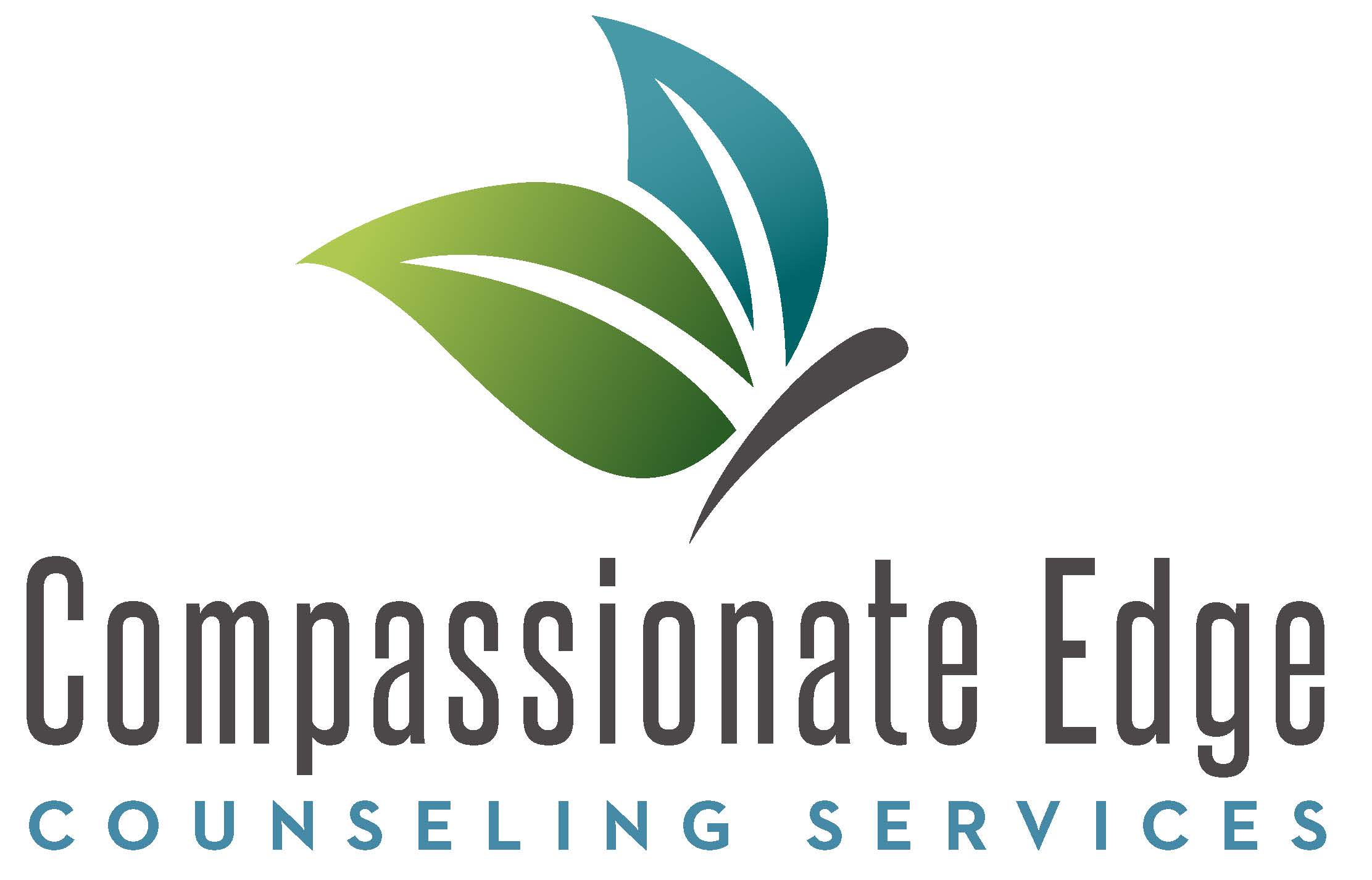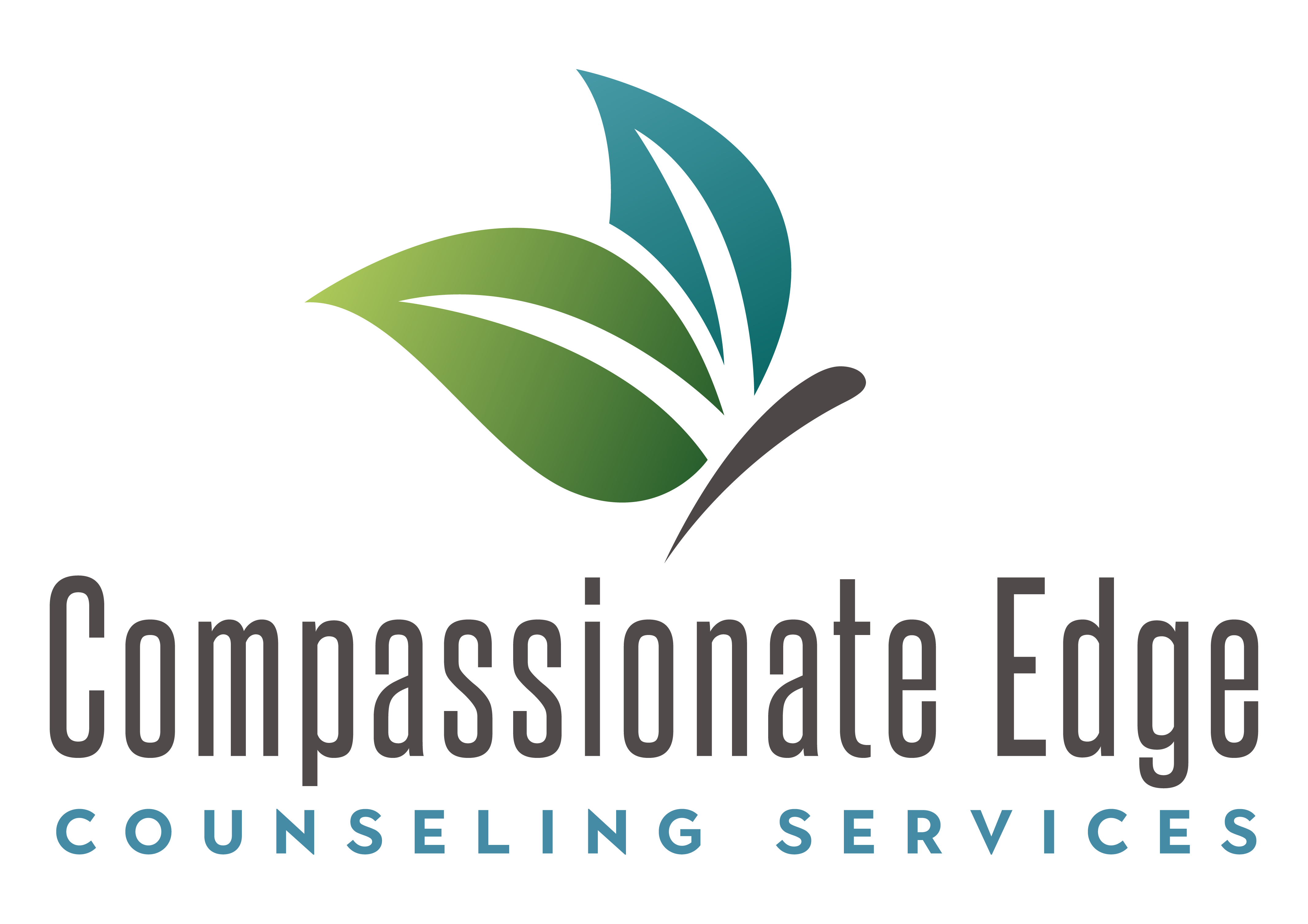
When we witness the suffering of others, it is natural to experience an urge to help them, as we feel compassion and a desire to ease their struggles however we can. We respond to the suffering of others with warmth and care, walking with them on their journey and connecting with their feelings rather than avoiding or isolating them. We might even suggest they seek counseling to help them work through their challenges.
However, we often don’t behave this way towards ourselves.
When we’re struggling with overwhelming emotions, loneliness, and regret, it can be easy to fall into the dangerous mindset of blaming ourselves instead of offering ourselves understanding, kindness, and solutions. This self-reproach often leads us to be too hard on ourselves, compounding our stress and frustration and preventing us from seeking the kind of assistance that we would likely encourage a friend to find. Self-compassion allows us to acknowledge our difficulties and show ourselves kindness. In doing so, we create a space of warmth and acceptance, which can empower us to take action towards resolving our problems and seeking the support and guidance necessary to manage our life stressors.
Unfortunately, self-compassion is often misunderstood as simply being kind to oneself, but it can go beyond this and should include seeking counseling and/or other forms of emotional support when needed. According to Dr. Kristin D. Neff, an American psychologist who is a leading researcher in this field, self-compassion is the act of turning love and kindness inward towards ourselves when we fail, make mistakes, or feel inadequate, instead of resorting to harsh self-criticism. It also means showing ourselves support and encouragement when life throws us challenges rather than isolating ourselves with negative thoughts and judgments.
As a therapist, it is essential for me to demonstrate the same self-compassion I remind my clients to practice. Back when I faced a challenge in my personal life during late 2021, self-critical thoughts and judgments filled my mind as I kept insisting on enduring despite the exhaustion. Ultimately, rather than giving in to excuses, playing the ‘black superwoman’ role, or struggling in isolation, I chose to reach out and talk about my worries and feelings of inadequacy. Doing so enabled me to progress confidently on my journey to physical and mental wellbeing. This experience further confirmed the substantial power of self-compassion. We often neglect to offer ourselves the love and regard we give to others – so now more than ever, I am dedicated to taking time each day to recognize my own humanness and treat myself with care.
Thus, seeking counseling is one of the greatest ways to practice self-compassion.
Self-compassion can be a powerful driving force to seek counseling. With counseling we can gain clarity about what lies beneath our emotions and learn strategies, such as Cognitive Behavioral Therapy (CBT), on how best to handle them. This provides insight into any patterns contributing to our current distress, giving us the tools needed to confront fear and reclaim power in order to thrive. Furthermore, counseling enables us to cultivate a healthy relationship with ourselves by granting ourselves permission to make mistakes and learning how best to accept them. In doing so, we are able to nurture a compassionate response towards our own suffering and grant ourselves the support and encouragement needed during difficult times. This, in turn, allows us to connect more deeply with ourselves as well as others around us, while ultimately leading to greater well-being and resilience.
And a greater capacity to be compassionate with others
If you are struggling and in need of counseling services, reach out to a trained mental health professional or. Seek out a space, like Compassionate Edge, that offers supportive and transformational counseling services that can help you unlock new possibilities for growth and development. Find a place or person that strives to create a safe and encouraging atmosphere in which you can explore your emotions, gain insight into yourself, and develop the healthier mindsets and behaviors necessary for optimal living.
Seeking counseling is not a sign of weakness. Rather, it is a powerful act of self-compassion that goes beyond merely being kind to ourselves. It serves you by offering yourself the care and attention you need to heal from painful experiences, while also using them as a catalyst for personal growth.
References
Neff, K. D. (2022). Self-Compassion: Theory, method, research, and intervention. Annual Review of Psychology, 74(1), 193–218. https://doi.org/10.1146/annurev-psych-032420-031047
Neff, K. (2021). Fierce Self-Compassion: How women can harness kindness to speak up, claim their power, and thrive. Harper Wave.

